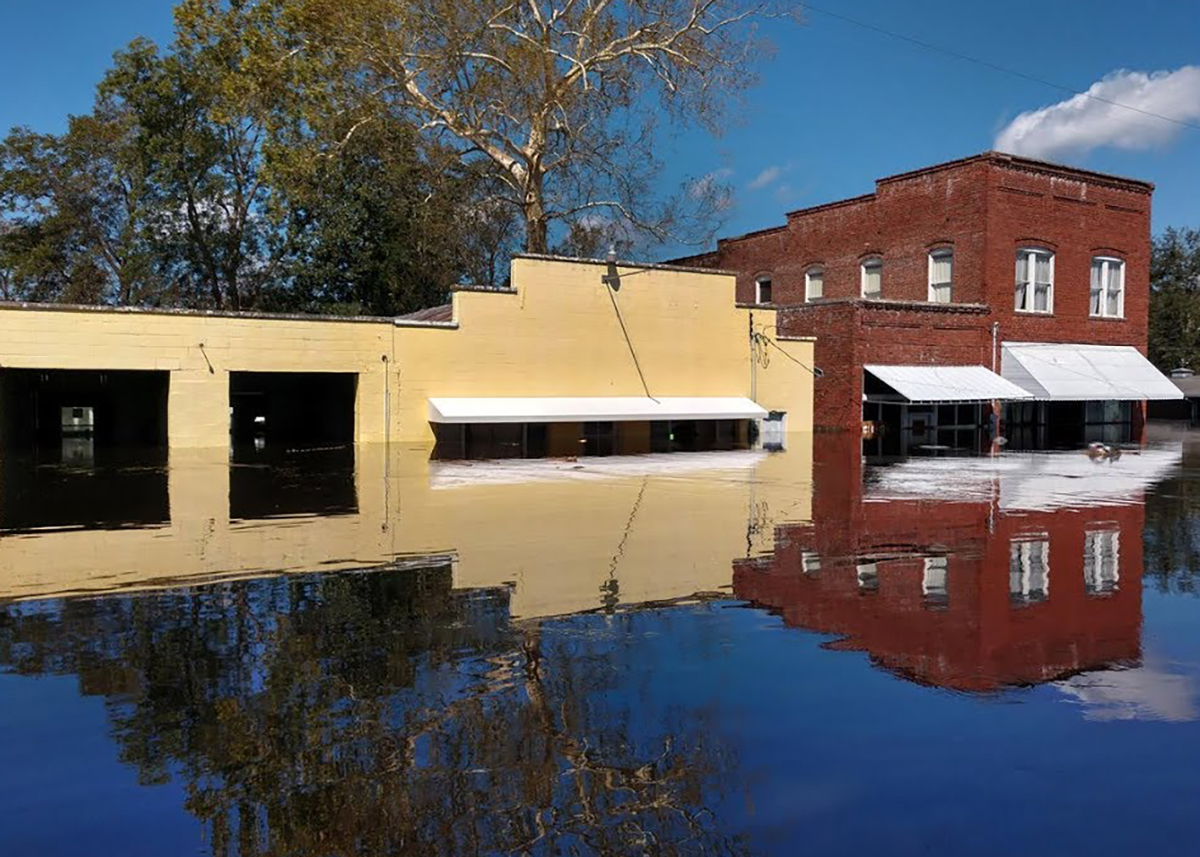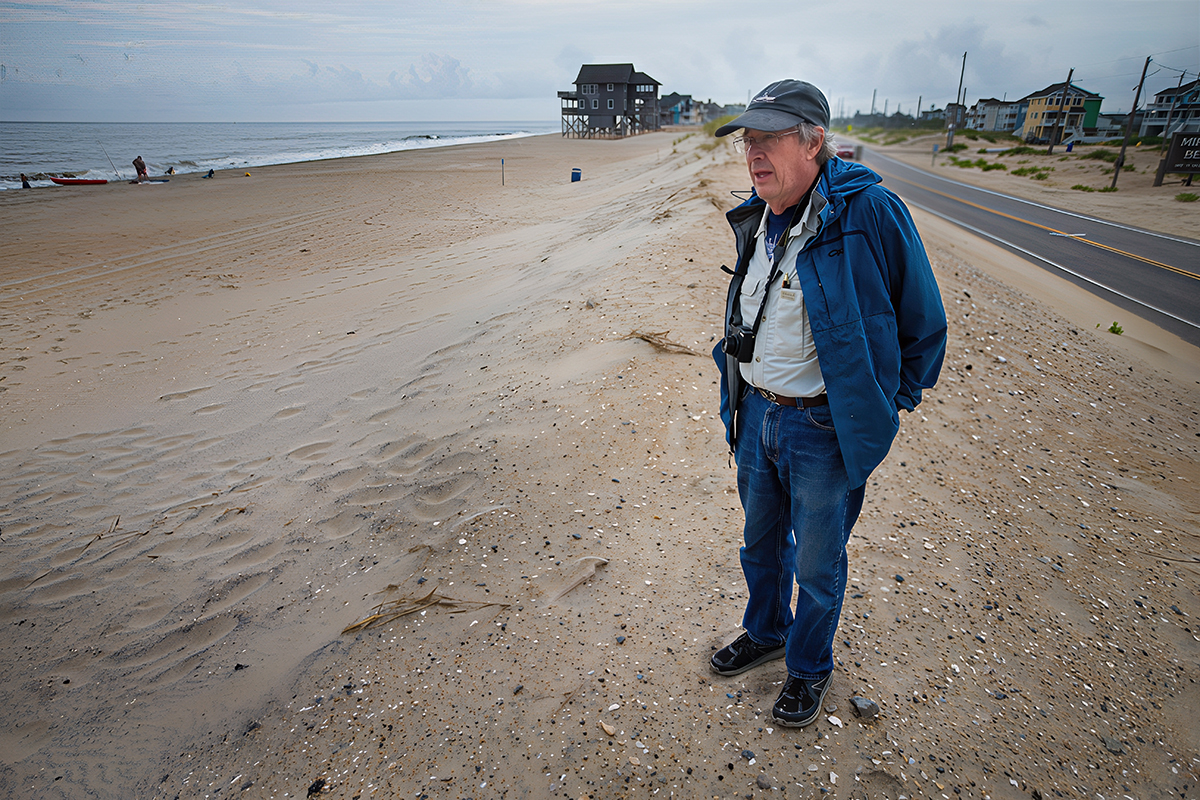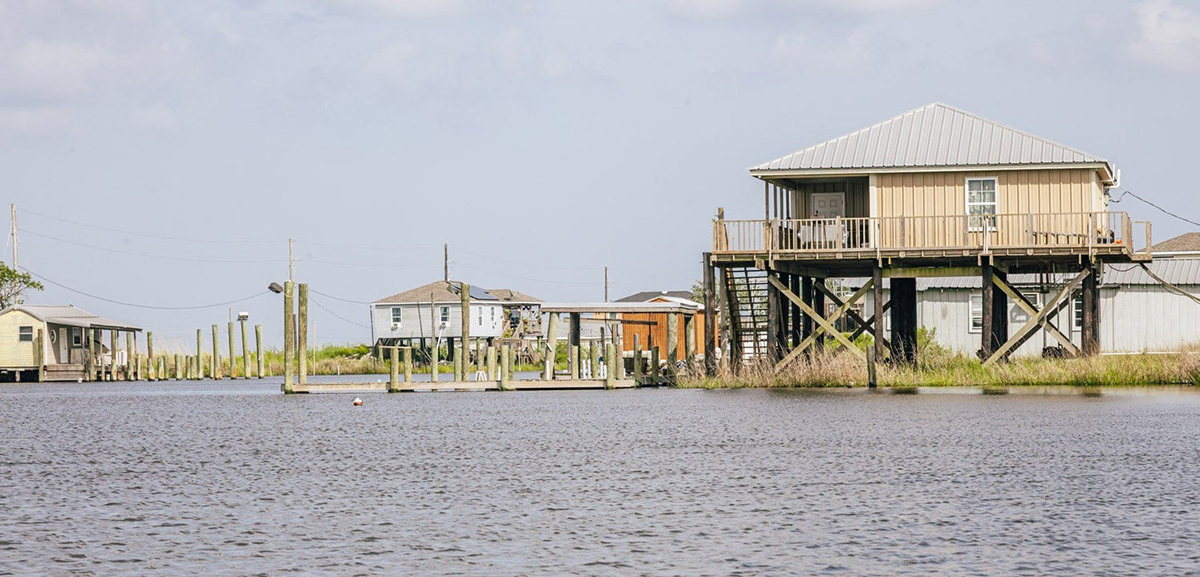Reprinted from the Tideland News
Don’t expect to see – or hear – any seismic testing for oil and gas off North Carolina or other mid-Atlantic states this summer.
Supporter Spotlight

That was the word recently from John Filostrat, public affairs spokesman for the Gulf regional office of the Bureau of Ocean Energy Management, or BOEM, the federal agency responsible for considering and approving permits for oil and gas testing and production.
“I could be wrong – I’ve been wrong before – but given how the process is going now, and the fact that we haven’t done this in the Atlantic in close to four decades, I seriously doubt if there will be any testing by the end of the summer,” said Filostrat.
The Gulf office in New Orleans is handling the permitting because of the newness of the oil-and-gas testing and leasing program in the Atlantic, which was last the target of oil companies in the early 1980s. The Atlantic is a ‘frontier,’” Filostrat said.
The one exception to the “not likely by end-of-summer” scenario, he added, might be an application from ARKeX, a testing company that maps potential oil and gas resources by magnetic imaging from an airplane instead of using seismic guns, which are towed by ships and blast sound waves into the sea bottom. The ARKeX method may be less effective in identifying oil and gas reserves, but it’s believed to not be harmful to marine mammals, a concern with seismic guns.
As a result, Filostrat said, ARKeX is not subject to the same review or permitting processes before it can begin its operations.
Supporter Spotlight
ARKeX’s testing plan could get agency approval within 30 days, and the company could begin testing as soon as it wants after that, he said.
The N.C. Division of Coastal Management has approved “consistency review” applications for three companies, Spectrum Geo Inc., CGG Services and GX Technology, that want to test the waters off the state. A decision on a fourth application, TGS, is expected to follow.
Michelle Walker, an agency spokeswoman, said that because all of the proposed seismic testing plans are similar, approval of one most likely means all will be approved. The state reviews the applications because it receives federal money for its coastal zone-management program.
State approval doesn’t necessarily translate into BOEM approval. A key requirement is a federal marine mammal permit from NOAA’s National Marine Fisheries Service to allow the companies to interact with the animals.
So far, according to Kate Brogan, a spokeswoman for NOAA’s Office of Protected Resources, five seismic testing companies have applied for those permits, and none have been approved. NOAA deemed the applications incomplete.
“There should be some applications that are considered complete soon,” she said. “The next step after that is development by our office of a ‘proposed authorization.’ And once that is done, those proposals go out for public comment.”
Filostrat said BOEM’s approval process for seismic testing includes many hurdles. One company that applied for a permit in the Atlantic has already withdrawn its application, leaving nine, including ARKeX.
“The consistency review (approval) by the states is a big step, and the marine mammal permit is another big step, but they aren’t the only ones,” Filostrat said.
For example, in order to grant the testing permits, BOEM must be satisfied with a company’s “strike avoidance” method – assurance that it won’t hit the mammals – and convinced that it will honor specific closure areas and times for right whales. It also must be satisfied that the company will have passive acoustic monitors, which listen for marine mammals, on board to augment the required human observers who watch for marine mammals and can order testing to halt.
Finally, Filostrat said, BOEM must be satisfied that a company’s plans don’t overlap with any other company’s plans, a requirement that has created confusion. A BOEM map, which Filostrat said was badly designed and inadequate, appeared to show a high degree of overlap, leading to fears that multiple companies might be firing off the seismic guns at the same time in the same place.
“It isn’t allowed,” he said.
Also, the testing companies must show that they will avoid significant hard-bottom areas where marine resources can be damaged, and that they will avoid archaeological sites, such as shipwrecks.
Filostrat said the agency rarely rejects testing applications in the Gulf, where seismic activity has been routine for many years. Instead, it usually identifies problems in the application and works with company officials to resolve them. The Atlantic, he reiterated, is a whole different story, since there’s no recent history of testing.
Filostrat dismissed worries that BOEM is likely to approve any and all applications and ease the way for an Atlantic oil-drilling program initiated by the Obama administration and supported by governors. The agency, he said, takes seriously its mission to balance development of ocean energy resources and protection of marine life.







